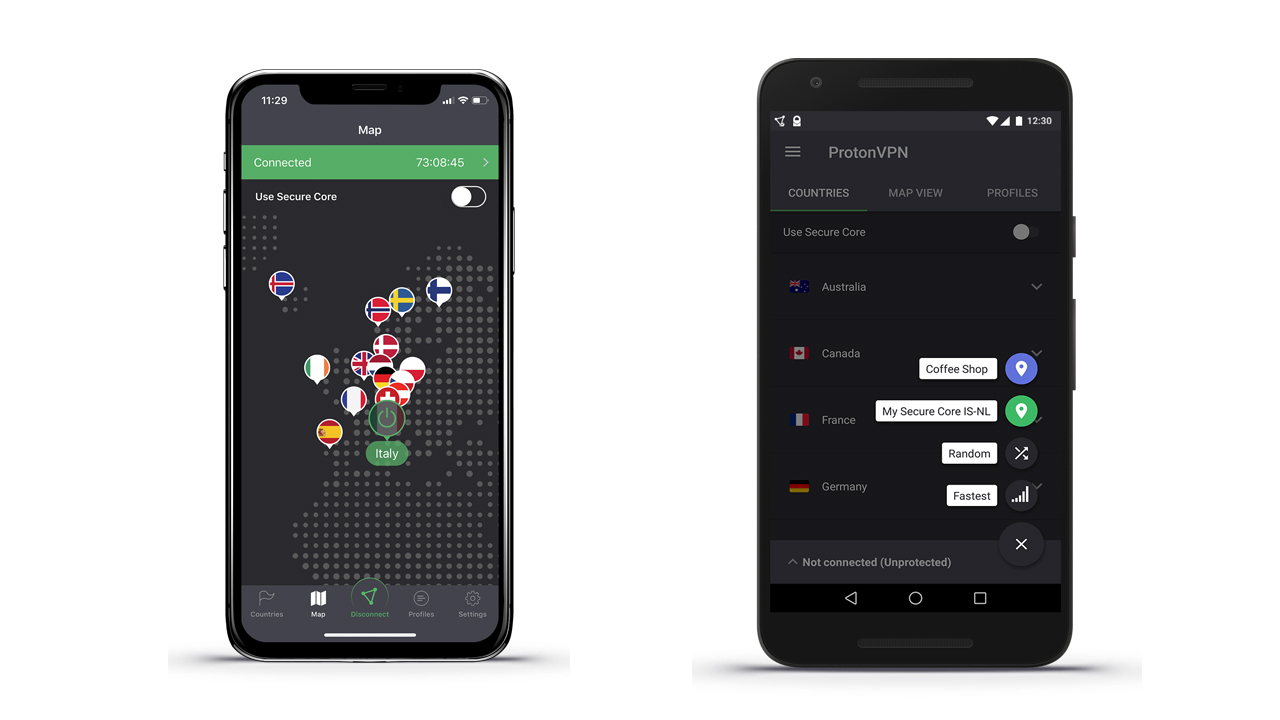Proton VPN Stealth protocol: what is it and why should you use it?
One of the best VPN services around that keeps improving, Proton VPN has just rolled out a new secure protocol seeking to promote internet freedom for everyone – no matter where they are in the world.
As the Swiss-based provider described it in a tweet (opens in new tab), its new Stealth protocol is its very own custom-built anti-censorship protocol aimed to evade VPN blocks.
“As surveillance around the world has grown, we’ve built a completely new protocol capable of bypassing internet censorship in authoritarian regimes.”
Let’s now look a bit closer at how Proton VPN’s Stealth protocol works and when you should use it.
What is Proton VPN Stealth?
Proton VPN Stealth is the provider’s very own obfuscation technology. A feature becoming common across the industry, it’s responsible for making your VPN traffic look like a normal connection.
That’s necessary as governments and/or other networks (like your workplace or school, for example) might block VPN traffic for security or any other reasons.
While some secure VPN providers might require users to choose an obfuscated server to evade blocks, here, the encryption protocol adds an extra layer of protection. Other providers offering obfuscation include ExpressVPN, NordVPN, Surfshark and VyprVPN.
Especially caring about those users living under strict regimes, Proton developed Stealth with the aim to enable users everywhere around the world to evade online censorship at ease.
How does Proton Stealth work?
There are different tactics for successfully obfuscating VPN traffic. It can be done by applying an additional layer of encryption able to mock regular HTTPS traffic, for example. Or, the software might scramble the data to prevent the algorithm from recognizing you’re using such security software.
Without going into too much technical detail, Proton Stealth is an open source obfuscation protocol based on WireGuard and TLS. “It is unique to Proton VPN and can be used to connect to all our servers (including our free servers),” a company’s spokesperson told us.
Proton’s developers also explained (opens in new tab) that they decided to create their own protocol as projects trying to obfuscate existing ones had failed in the past to deliver a full and effective functionality.
What’s more, the provider claims that Stealth establishes its connections in such a unique way able to avoid alerting internet filters.
“We designed our Stealth protocol from the ground up to not have these issues. With Stealth enabled, your Proton VPN connection will be almost completely undetectable.”

When should you use Proton Stealth VPN?
We already mentioned how defeating censorship, bypassing VPN bans and promoting internet freedom globally are the main reasons for the introduction of Stealth.
However, even people living in countries where the web isn’t restricted can find this option really handy. These include:
- Improving VPN unblocking power: Even though using a streaming VPN is not illegal, unblocking foreign catalogs is usually against platforms’ terms and conditions. For this reason, Netflix and similar companies work hard to detect and block VPN traffic. So, an obfuscated protocol might be of help here.
- Bypass network restrictions: Both workplace and school networks don’t generally allow the use of VPNs for security reasons. This means that you may need to opt to use Stealth if you wish to go private and connect with your security tool.
- Boost your online security: Connecting to Proton VPN already improves your online privacy. However, an additional layer of encryption is always beneficial in terms of security. This means that using Proton’s Stealth protocol can also help better securing your sensitive data against intruders.
For all the latest Technology News Click Here
For the latest news and updates, follow us on Google News.
